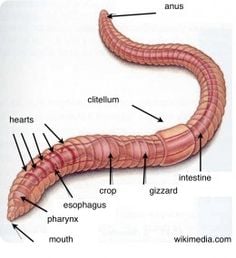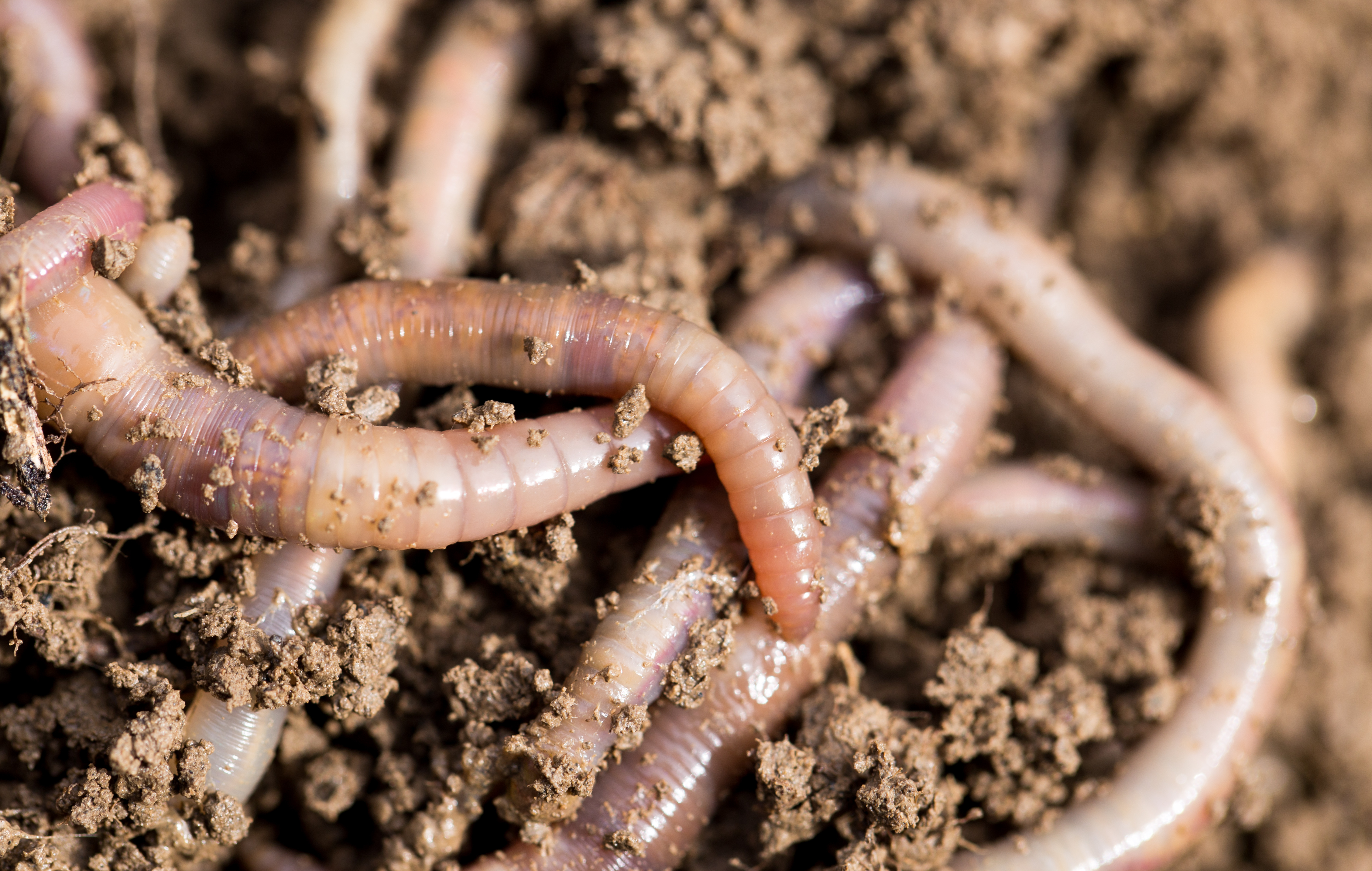Red Wiggler Worms available - Sustainable Waste Management Option
Red Wiggler Worms available - Sustainable Waste Management Option
Blog Article
Red Wiggler Worms Demystified: Unlocking the Secrets of Vermiculture for Greener Living and Nutrient-Rich Soil
In the realm of lasting methods for enhancing soil top quality and advertising eco-conscious living, red wiggler worms play a pivotal yet commonly forgotten role. Red Wiggler Worms. Recognizing the details of caring for these worms, maximizing their environment, and harnessing their spreadings can lead to a greener way of life and healthier soil for plants to grow.
The Function of Red Wiggler Worms
Red Wiggler worms play a crucial function in composting systems by effectively damaging down organic matter right into nutrient-rich castings. These ravenous eaters consume a selection of natural materials, such as cooking area scraps, backyard waste, and paper products. As they feed, the worms' gastrointestinal processes damage down the organic matter right into a fine, dark, and nutrient-dense product referred to as worm castings or vermicompost.
The spreadings created by Red Wiggler worms are highly valuable for soil health and plant development. They are abundant in vital nutrients like phosphorus, nitrogen, and potassium, which are crucial for supporting healthy and balanced plant growth. Additionally, worm spreadings consist of valuable microorganisms and enzymes that aid improve soil structure, rise water retention, and boost nutrient uptake by plants.
Advantages of Vermicomposting

In addition, vermicompost, the nutrient-rich final product of vermicomposting, works as an outstanding natural fertilizer and dirt conditioner. It enhances dirt framework, improves soil oygenation, and raises dirt wetness retention. These buildings add to healthier plants with more powerful origin systems and better resistance to bugs and diseases. Vermicompost additionally enriches the soil with important nutrients like potassium, phosphorus, and nitrogen, promoting plant growth and total dirt fertility.
In addition, vermicomposting assistances sustainable gardening methods by supplying a chemical-free and all-natural choice to synthetic plant foods. Red Wiggler Worms. This eco-friendly method not just improves the soil however additionally helps in reducing reliance on hazardous chemicals, advertising a greener and much more sustainable way of horticulture
Setting Up a Worm Bin
When developing a worm container for vermicomposting, proper configuration is essential to guarantee the success of the composting process. The initial action in check my reference establishing up a worm bin is picking an appropriate container.
After including the bed linens, introduce the red wiggler worms to check the container. The worms need to then be supplied with food scraps such as fruit and veggie peels, coffee grounds, and eggshells.
Frequently monitor the wetness degrees and temperature in the worm bin to make certain optimal problems for the worms. With correct arrangement and maintenance, the worm container will effectively convert organic waste into nutrient-rich compost for your plants and garden.
Harvesting Worm Castings
To effectively collect nutrient-rich worm castings from your vermicomposting system, a systematic harvesting approach is crucial. When it comes time to collect the worm spreadings, there are a couple of vital actions to comply with to make sure an effective process.

Troubleshooting Common Issues
Recognizing and dealing with common difficulties that may arise throughout the vermicomposting procedure is critical for preserving a effective and healthy worm bin. Including excess food scraps can read review lead to an accumulation of moisture and level of acidity in the worm bin, potentially damaging the worms. Another problem is undesirable smells rising from the worm container.
Furthermore, if the worm population is decreasing or the worms appear undesirable, it can be because of environmental stress factors such as severe temperatures or pH levels. Checking these elements and making required adjustments is vital for the wellness of the worms. By repairing these usual concerns promptly, vermicomposters can make sure a smooth and successful vermicomposting procedure while keeping a growing worm population.

Conclusion
In conclusion, red wiggler worms play a crucial role in vermiculture by damaging down raw material right into nutrient-rich soil. The advantages of vermiculture include greener living and improved soil quality. Establishing up a worm container is necessary for effective vermiculture, and gathering worm spreadings offers valuable compost for gardening. By comprehending and troubleshooting common concerns, people can unlock the keys of vermiculture for lasting living and much healthier dirt.
As they feed, the worms' gastrointestinal processes break down the organic issue into a fine, dark, and nutrient-dense product known as worm castings or vermicompost.
The spreadings created by Red Wiggler worms are extremely useful for dirt wellness and plant growth. Including excess food scraps can lead to a build-up of moisture and acidity in the worm container, possibly damaging the worms.Additionally, if the worm populace is declining or the worms appear unhealthy, it can be due to ecological stressors such as extreme temperatures or pH degrees. Setting up a worm container is necessary for successful vermiculture, and collecting worm castings provides valuable compost for horticulture.
Report this page